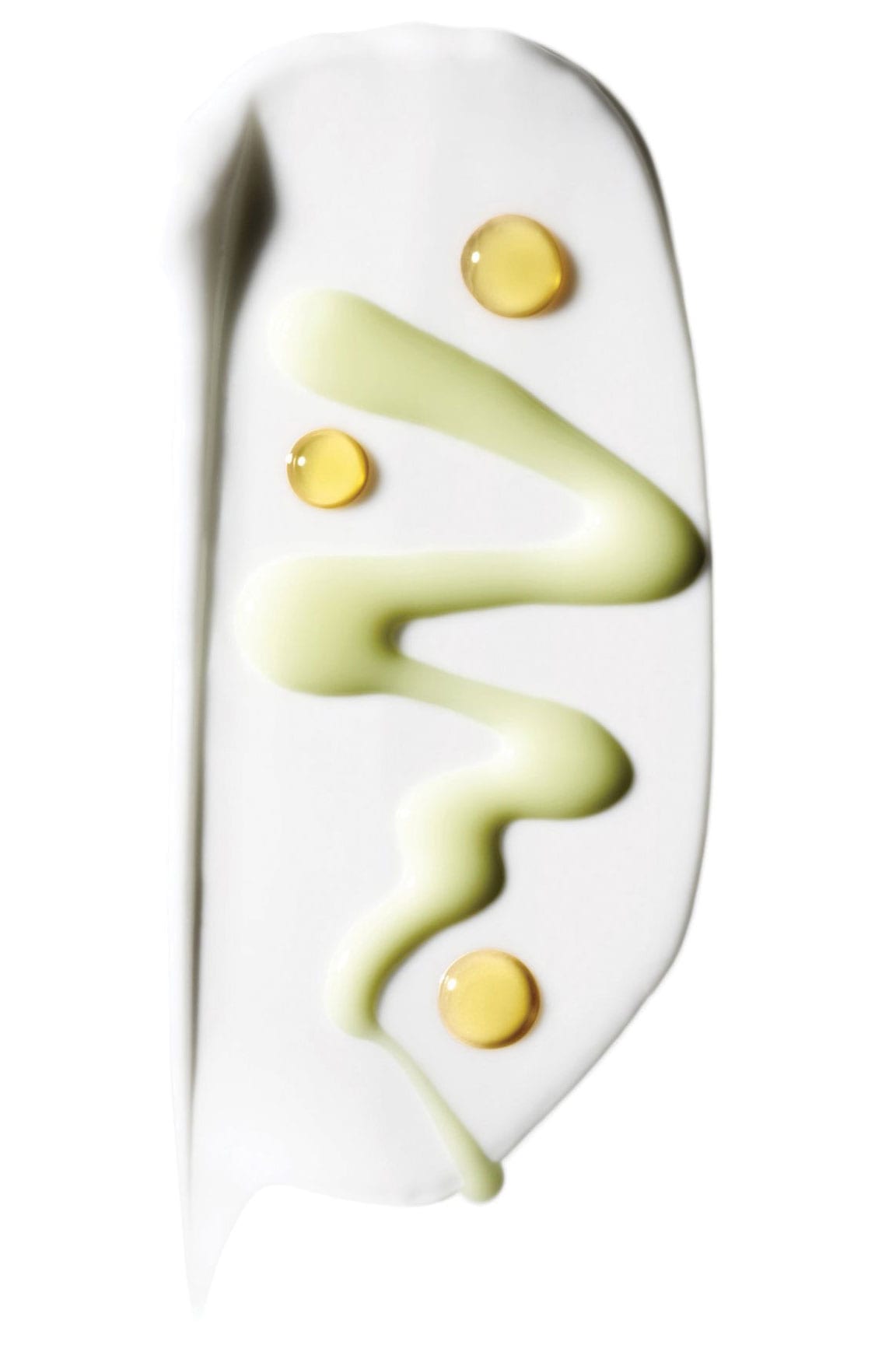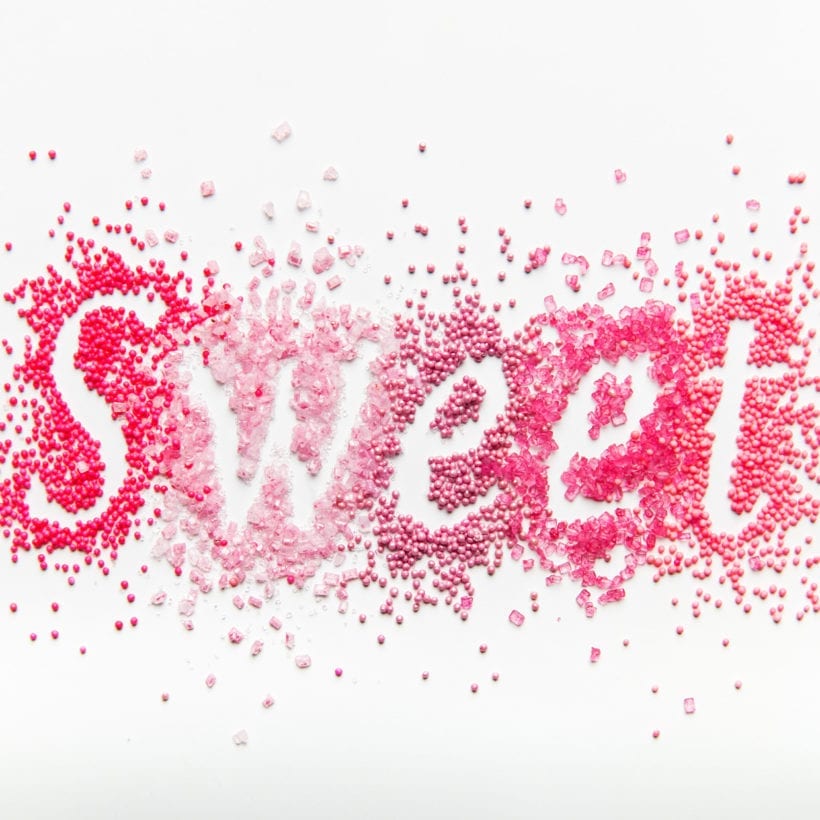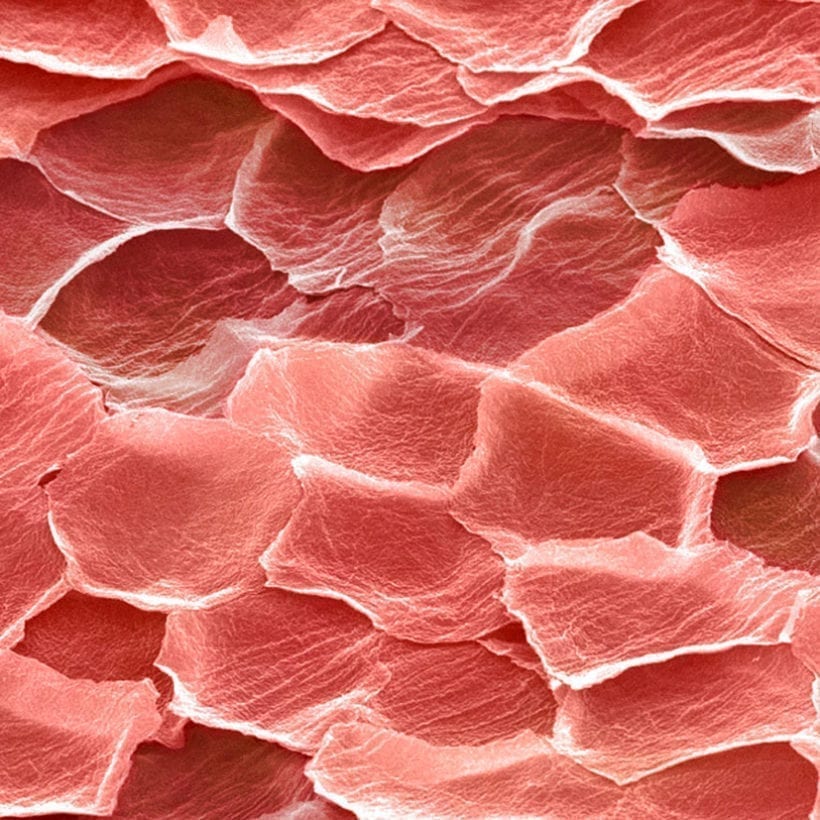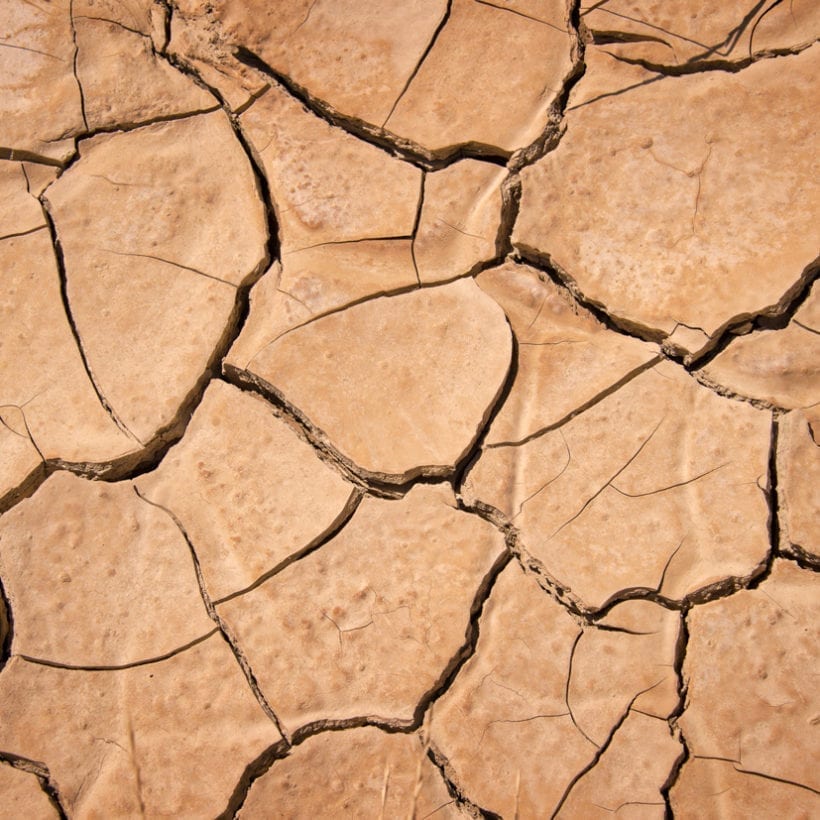You already know that raiding the drug store candy aisle for sweets to binge while watching “The Bachelorette” is bad for your body (though, no judgment — Mondays are hard). The sugar might bring you sweet satisfaction in the moment, but it actually does more long-lasting damage.
Sugar occurs naturally in all foods that contain carbs — including fruits and whole grains — and it is a vital source of energy. (They do not call it a sugar high for nothing.) But too much added sugar — the processed sweet stuff found in cupcakes, candy and soda that makes them extra addicting — is kryptonite for your wellness goals. Despite all its deliciousness, sugar increases your risk of diabetes, heart disease and obesity and can trigger chronic inflammation. (For the record, the American Heart Association recommends capping your added sugar intake at 100 calories or about six teaspoons per day.)
Sugar can also do a number on another part of your body: your skin.
A diet packed with added sugars will speed up
the aging process in your skin.
Sugar vs. Skin
“Sugar increases your blood insulin levels, which triggers a cascade of hormones and enzymatic reactions causing gut and skin inflammation,” says Lily Talakoub, M.D., a board-certified dermatologist in Virginia. “Unfortunately, it doesn’t matter what type of sugar you eat, the effect on your skin are similar.” Think accelerated aging, acne and that general looks-like-I-have-not-slept-in-a-week effect.
Aging
When you consume sugar, your body goes through a process called “glycation,” where sugar binds with other substances in your skin, Talakoub says. Glycation increases the number of inflammatory cells in your body and that inflammation, Talakoub explains, does damage to your skin. Specifically, it harms your skin’s building blocks, collagen and elastin, and can leave you with a sallow, tired-looking complexion.
In other words, a diet packed with added sugars will speed up the aging process in your skin. “Nutrition is just as important as skincare,” Talakoub says.
Acne
One tip you will see over and over: Ditch the sugar from your diet because it turns out eating junk food really can contribute to breakouts, Talakoub says. “High levels of sugar trigger the release of hormones”— including the stress hormone cortisol and an insulin-like growth factor — “that increase the production of oil,” she explains. That extra oil does not just make you look extra dewy, unfortunately — it also feeds the bacteria that can cause acne, Talakoub says.
Skin Damage
Sugar’s ability to trigger inflammation is part of what makes it so scary for your skin. If you have skin conditions like acne or rosacea which are triggered by inflammation, it can be especially problematic, Talakoub says. “For acne, rosacea or any skin rashes, eliminating sugar will help reduce redness, swelling, inflammation and the sensitivity and reactivity of the skin.”
As your body processes sugars, glycation also generates free radicals — unstable atoms that can bounce around the body like wrecking balls damaging cells and DNA — which sets off a chain reaction, Talakoub explains, making your skin, “more susceptible to other types of damage, such as sun exposure and cigarette smoke.”
Sugar-Free Skin
Detoxing your skin from sugar is not easy. Remember the inflammation sugar causes in the body? Those inflammatory cells circulate in your bloodstream for months so they can take a long time to disappear from your system, Talakoub explains. “So, even a cheat meal can cause skin and gut disruption for several months,” she says.
For those looking to improve their skin by cutting out sugar, she says it can take anywhere from three to six months to see the full impact.
https://www.instagram.com/p/Bugpoyjn1GS/
It would be nearly impossible to remove 100 percent of the sugar from your diet but there are things you can do to make sure you are consuming a healthy amount. First up, figure out how much sugar you are actually getting on a daily basis. “Most clients have no idea how much sugar they are consuming in a day,” Talakoub says. “I ask them what they eat, and they start by saying they make a healthy protein smoothie every morning — but if there are fruits, bananas, flavored yogurt or any juices in that smoothie, its likely more sugar than one should consume in an entire day.” From there, you can look for lower sugar swaps like unsweetened almond milk instead of dairy. (When you do have sugar, try to stay away from processed, Talakoub adds, and opt for slightly more nutritional options like coconut sugar or date sugar.)
“My rule of thumb for healthy skin: Only one serving a day of natural sugar, such as berries,” Talakoub says. “I also stay away from high sugar fruits such as grapes, apples and bananas. And no breads, pastas or white flour.” Eating a diet high in antioxidants (berries and dark leafy greens) will help too, she adds.
Skin Savers
Most nutrition experts agree that you shouldn’t try to completely erase sugar from your diet — even in the name of scoring luminous skin. Fruits and whole grains are, after all, filled with important nutrients.
But that does not mean you are doomed to a lifetime of dull, wrinkled, acne-prone skin. Although Talakoub says there are no products formulated to fight glycation’s effects on your skin, (she says there are currently some in the works), the right skincare products can help mitigate some of the effects of sugar by combating its effects.
Retinol
One of the most effective things you can do is fight collagen breakdown thanks to glycation, Talakoub says. Reach for retinol, which helps plump skin and boost collagen.
Hyaluronic Acid
Hyaluronic acid is one of the most powerful skin plumpers around by “increas[ing] the production of collagen and elastin that glycation breaks down,” Talakoub says. Translation: It targets the sugar hangover a junk food binge can leave your skin with.
Azelaic Acid
Azelaic acid is a topical treatment that fights inflammation and redness (it is typically found in products formulated to address acne and rosacea). Remember, this will not actually decrease those sugar-induced inflammatory cells circulating in your body, but it can help mitigate the skin symptoms — redness and acne — that they cause, Talakoub says.








